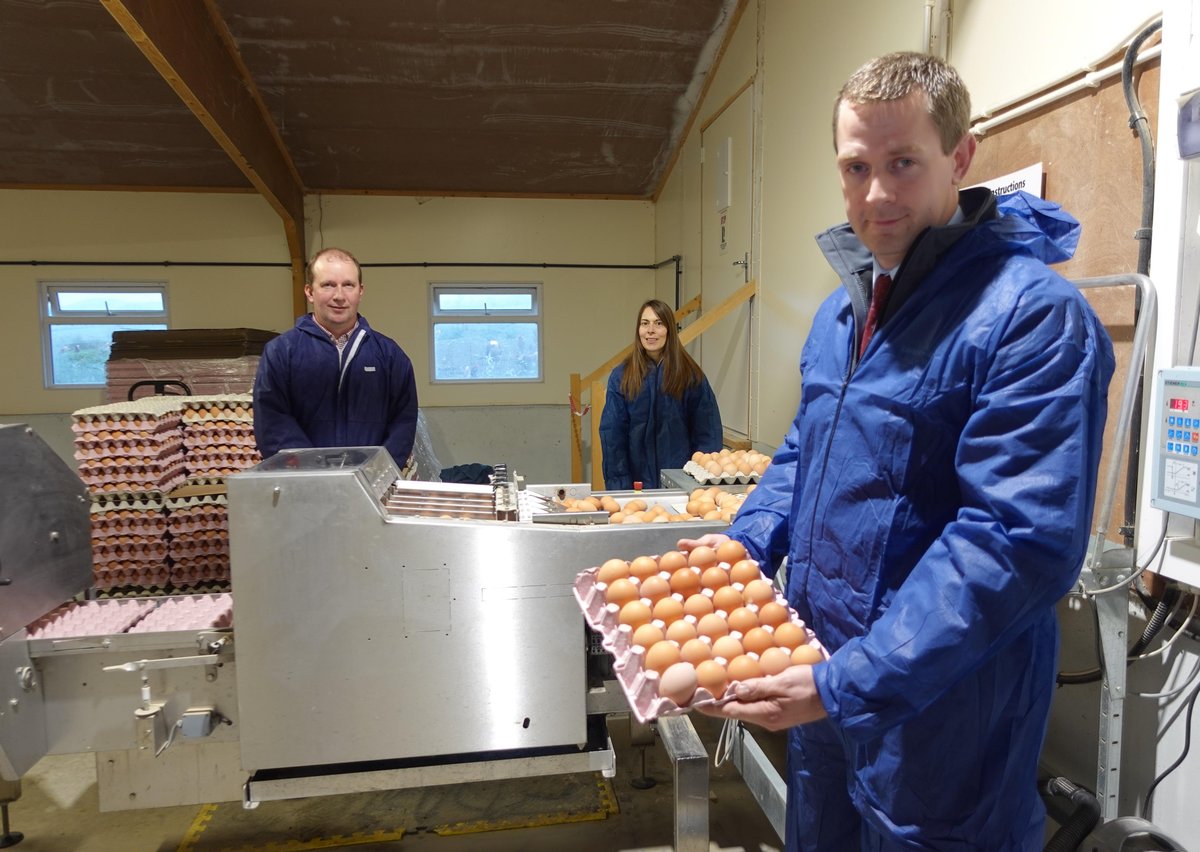Unskilled Jobs: Canada has long been known as a land of opportunity, attracting individuals from around the globe.
The country’s diverse economy offers numerous job opportunities, even for those without specialized skills or higher education.
If you’re looking to work in Canada in 2025 and are interested in unskilled jobs that offer visa sponsorship, this guide is for you.
Why Canada?
Canada is renowned for its high quality of life, strong economy, and welcoming immigration policies.
The country boasts a robust job market, especially in sectors that require unskilled labor. Here are a few reasons to consider moving to Canada:
- Diverse Job Market: Canada has a vast range of industries, from agriculture and construction to hospitality and retail.
- Cultural Diversity: Canada is one of the most multicultural countries, making it easier for newcomers to integrate.
- Social Services: Residents benefit from a strong healthcare system and various social services.
Unskilled Jobs
Unskilled jobs typically require little to no prior experience or specialized training.
These positions can be an excellent starting point for newcomers to Canada, allowing them to gain work experience while they improve their language skills and adapt to a new culture.
Common Unskilled Job Categories
- Hospitality and Tourism: Positions such as hotel staff, restaurant servers, and housekeepers are always in demand, particularly in tourist hotspots.
- Retail: Many retail stores hire unskilled workers for roles in sales, stocking, and customer service.
- Construction: Laborers in construction sites often do not need formal training and can learn on the job.
- Agriculture: Seasonal jobs in farming, such as fruit picking and packing, are common and often require minimal skills.
- Transportation: Roles such as delivery drivers and warehouse workers are also available.
Visa Sponsorship in Canada
Visa sponsorship is when an employer agrees to support a foreign worker’s application for a work permit or visa. This is crucial for many international job seekers, as it allows them to live and work legally in Canada.
Types of Work Permits
- Temporary Foreign Worker Program (TFWP): This program allows Canadian employers to hire foreign workers for temporary positions.
- International Mobility Program (IMP): This permits employers to hire foreign workers without the need for a Labour Market Impact Assessment (LMIA) in certain circumstances.
Key Points for Visa Sponsorship
- Employer’s Role: The employer must demonstrate that there are no Canadian citizens or permanent residents available to fill the position.
- Application Process: The employer submits an application to Service Canada, which reviews the request before issuing a positive LMIA.
- Worker’s Role: After receiving the LMIA, the worker can apply for a work permit.
In-Demand Unskilled Jobs for 2025
Here are some unskilled jobs that are likely to be in demand in Canada in 2025, along with potential employers and sectors.
1. Food Service Workers
The food service industry consistently needs workers, especially in urban areas. Positions may include:
- Fast Food Workers: Chains like McDonald’s and Tim Hortons often hire, especially in high-traffic areas.
- Servers and Bartenders: Restaurants and bars look for staff, particularly in tourist-heavy regions.
Potential Employers: Major restaurant chains, local diners, and hotels.
2. Retail Associates
Retail jobs are abundant, particularly in larger cities. Key roles include:
- Cashiers: Operating registers and assisting customers.
- Stock Clerks: Managing inventory and restocking shelves.
Potential Employers: Walmart, Costco, and local grocery stores.
3. Construction Laborers
With ongoing infrastructure projects, construction remains a strong field for unskilled labor. Duties may include:
- Site Cleanup: Maintaining a safe and clean work environment.
- Material Handling: Assisting skilled tradespeople with materials.
Potential Employers: Construction firms and contractors in urban areas.
4. Agricultural Workers
Canada’s agriculture sector relies heavily on seasonal workers. Roles may include:
- Fruit Pickers: Harvesting fruits and vegetables during peak seasons.
- Greenhouse Workers: Assisting in plant growth and maintenance.
Potential Employers: Farms and agricultural companies.
5. Warehouse Workers
As e-commerce continues to grow, so does the need for warehouse staff. Positions may involve:
- Order Fulfillment: Picking and packing orders for shipping.
- Inventory Management: Organizing and tracking goods.
Potential Employers: Amazon, FedEx, and local distribution centers.
How to Find Unskilled Jobs with Visa Sponsorship
Apply Here
Finding a job that offers visa sponsorship can be challenging but is entirely possible with the right approach. Here are some steps to help you in your job search:
1. Online Job Portals
Utilize job search websites like:
- Indeed: A comprehensive job board with filters for visa sponsorship.
- Job Bank Canada: The official job site of the Canadian government, featuring listings that may offer sponsorship.
2. Networking
Connect with people in your desired industry through:
- LinkedIn: Build your professional network and engage with potential employers.
- Local Community Groups: Join online forums or local meetups for newcomers.
3. Recruitment Agencies
Consider working with recruitment agencies that specialize in connecting foreign workers with Canadian employers. They can provide valuable insights and job leads.
4. Direct Applications
Identify companies known for hiring international workers and apply directly through their websites. Tailor your resume and cover letter to highlight your willingness to work and adapt.
Preparing for Work in Canada
Once you secure a job offer, preparing for your move is crucial. Here are some tips:
1. Understand Canadian Work Culture
Familiarize yourself with workplace norms, such as punctuality, communication styles, and teamwork. This can help you integrate more smoothly.
2. Improve Your Language Skills
Although many unskilled jobs don’t require advanced language skills, improving your English or French will enhance your employability and help you communicate better with colleagues.
3. Gather Necessary Documents
Ensure you have all required documents for your visa application, including your job offer, identification, and any additional paperwork requested by the Canadian government.
FAQs
1. What are unskilled jobs?
Unskilled jobs typically require little to no prior experience or specialized training. They often involve manual labor or entry-level positions.
2. Can I get a work visa for unskilled jobs in Canada?
Yes, many unskilled jobs offer visa sponsorship through programs like the Temporary Foreign Worker Program (TFWP) and the International Mobility Program (IMP).
3. What types of unskilled jobs are in demand in Canada?
In-demand unskilled jobs include food service workers, retail associates, construction laborers, agricultural workers, and warehouse workers.
4. How do I find unskilled jobs in Canada?
You can search for unskilled jobs on online job portals, through recruitment agencies, or by networking with industry professionals.
5. Do I need a job offer to apply for a work visa?
Yes, you typically need a valid job offer from a Canadian employer who is willing to sponsor your visa application.
6. What is the process for obtaining a work visa?
The process involves securing a job offer, the employer obtaining a Labour Market Impact Assessment (LMIA), and then you applying for a work permit.
7. Is it easy to find unskilled jobs in Canada?
While there are many opportunities, competition can be high. Having a proactive approach and good networking skills can help.
8. What are the typical salaries for unskilled jobs in Canada?
Salaries vary by industry and location, but unskilled jobs generally pay minimum wage or slightly above, depending on the job and region.
9. Do I need to speak English or French to work in unskilled jobs?
While many positions do not require advanced language skills, being able to communicate effectively in English or French will enhance your job prospects.
10. Can I transition to a skilled job after starting in an unskilled position?
Yes, starting in an unskilled job can provide valuable experience and connections, helping you transition to a skilled position in the future.
Conclusion
Canada offers an array of unskilled job opportunities for individuals seeking to build a new life. With a welcoming immigration policy and a diverse job market, 2025 presents a promising time for those looking to work in Canada.
By securing a job with visa sponsorship, you can embark on an exciting journey in this beautiful country.





